Johannesburg – Former ANC Secretary-General Ace Magashule has turned down an invitation to contest South Africa's 2029 presidential elections under the banner of a new movement spearheaded by former Mpumalanga MK Party leader Mary Phadi.
Phadi revealed that, following Magashule's rejection, the movement is now setting its sights on former Chief Justice Mogoeng Mogoeng and former EFF spokesperson and MP Mbuyiseni Ndlozi as potential presidential candidates. The movement aims to reshape how South Africans choose their leaders.
"We've already identified Mogoeng Mogoeng and will be approaching him soon. We initially tried Ace Magashule, but he stated he was not interested, so now we are busy with a list we can present to the nation after next year's local government elections," Phadi explained.
When questioned about Magashule's reasons for declining the invitation, Phadi stated that the former Free State premier felt he would be too old to effectively lead the country in 2029. "Magashule told us that he is turning 70, and it won’t make sense for him to run the country at that age," she said.
According to Phadi, the group behind the movement comprises individuals from diverse backgrounds. They are also considering approaching Ndlozi, who has recently transitioned into exploring opportunities in the media.
Phadi emphasised that her mission transcends traditional party lines and factional politics. She stated that she is mobilising citizens to look beyond established party structures and support a 2029 presidential candidate who is genuinely fit to serve as the country's leader.
"We are searching for candidates, both from political parties and independent citizens. We will need voters to nominate candidates they feel are worthy of steering South Africa in the right direction," Phadi said.
Phadi outlined an innovative approach to selecting their presidential candidate, drawing inspiration from the popular television show Idols. The selection process would involve televised debates, similar to those used to choose presidential hopefuls in the United States. "We are going to buy airtime on TV to push this programme and make it a reality," said Phadi, who is also the founder and president of the Truckers Association of South Africa.
In a separate development, Phadi revealed that she was recently approached by Dr Nolubabalo Mcinga, the axed first deputy president of the Afrika Mayibuye Movement, to discuss the possibility of forming a new political party. Phadi described their meeting on September 30 in Randburg as "carefully arranged."
"She wanted to collaborate with me," Phadi said, denying that she initiated the meeting. "When we met, I said to her, 'I don’t want to lie to you; at the moment where I’m seated, for 2026, I’m willing to join any political party.'"
Phadi said Mcinga later admitted that she had disclosed their private discussion to Mayibuye president Floyd Shivambu, a move Phadi regarded as ill-advised. "I said, 'No, no. You made a big mistake.' I had asked her not to disclose the information, but she said she was part of [the Mayibuye] stakeholder management team. I had warned her because she was recruiting me for a new political party. That’s why I never shared the information with you as part of the media. She exposed herself [to Floyd]."
Mcinga has since been removed from her position, reportedly for holding unsanctioned meetings with former president Jacob Zuma and Phadi.
Mcinga confirmed that she met with Phadi and reported the meeting. "Yes, I did report my meeting with Ms. Phadi. I am transparent about my engagements because I dislike gossip, and unfortunately, Mayibuye has developed a culture of gossip and factionalism that I do not subscribe to," Mcinga said.
"I am not a factionalist, and I reject any suggestion that I invited Ms. Phadi to collaborate in forming a new political party."
Attempts to contact Magashule for comment were unsuccessful, as his phones were switched off.
The emergence of this new movement and its unconventional approach to selecting a presidential candidate could potentially inject fresh perspectives into South Africa's political landscape. The focus on Mogoeng Mogoeng and Mbuyiseni Ndlozi as potential candidates adds further intrigue to the unfolding political narrative as the country looks ahead to the 2029 elections. The success of this movement will depend on its ability to garner public support and attract credible candidates who can resonate with voters across the political spectrum.

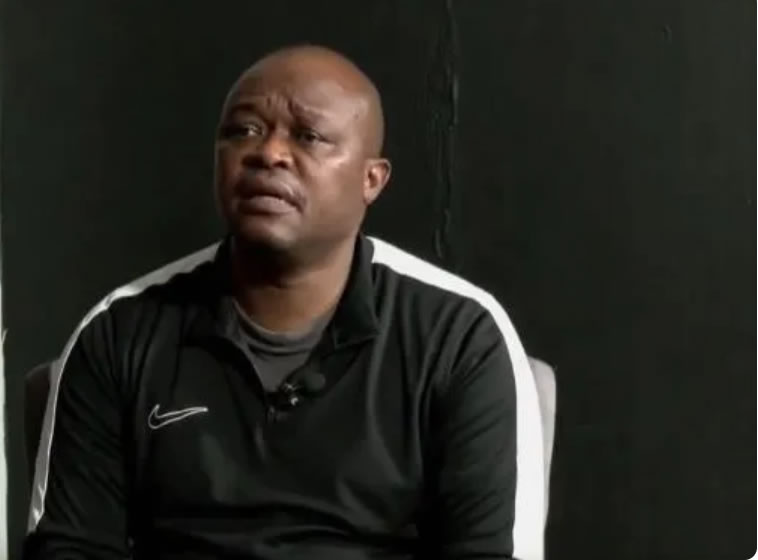


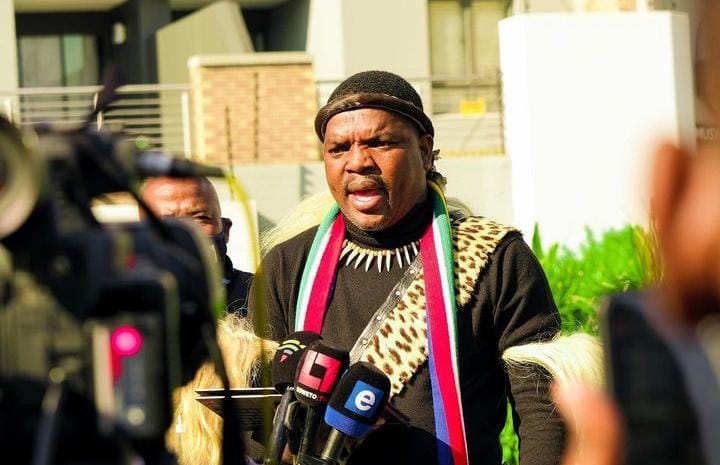
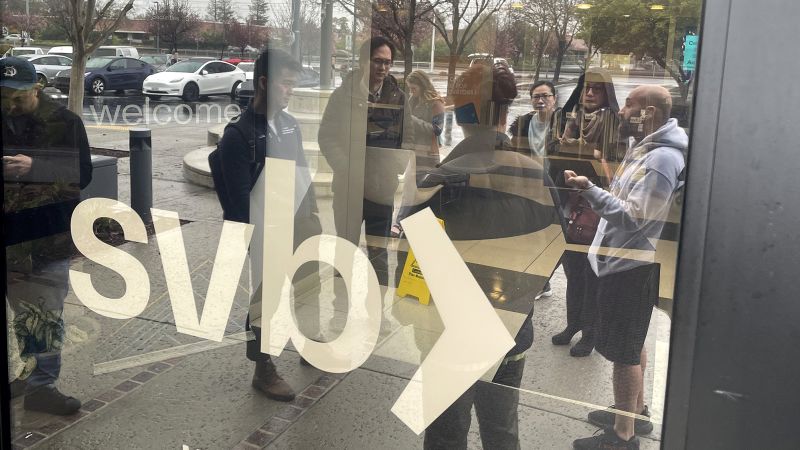
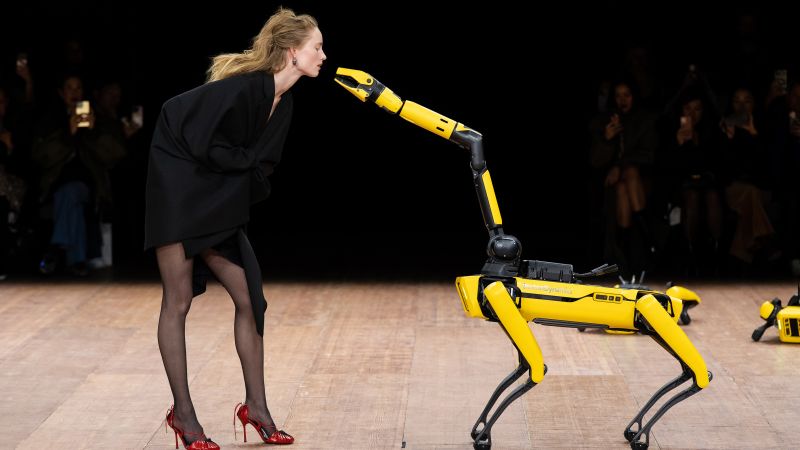
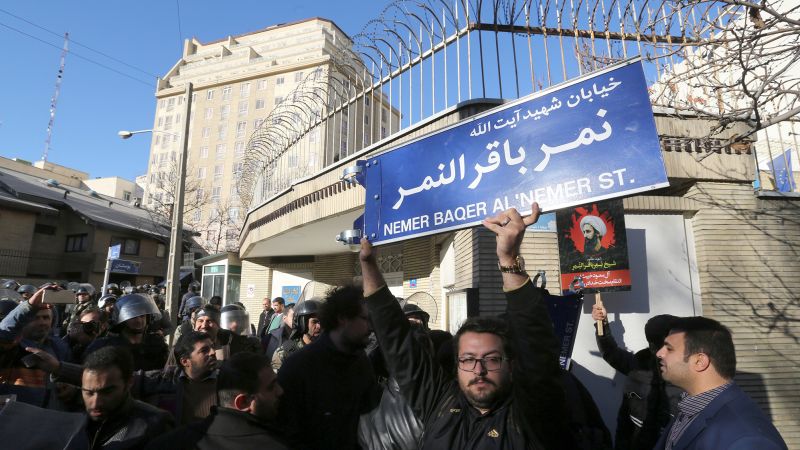
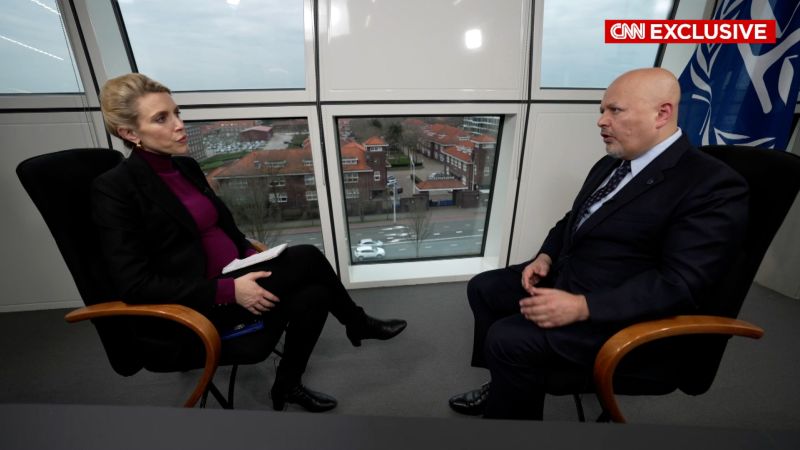
 English (US)
English (US)